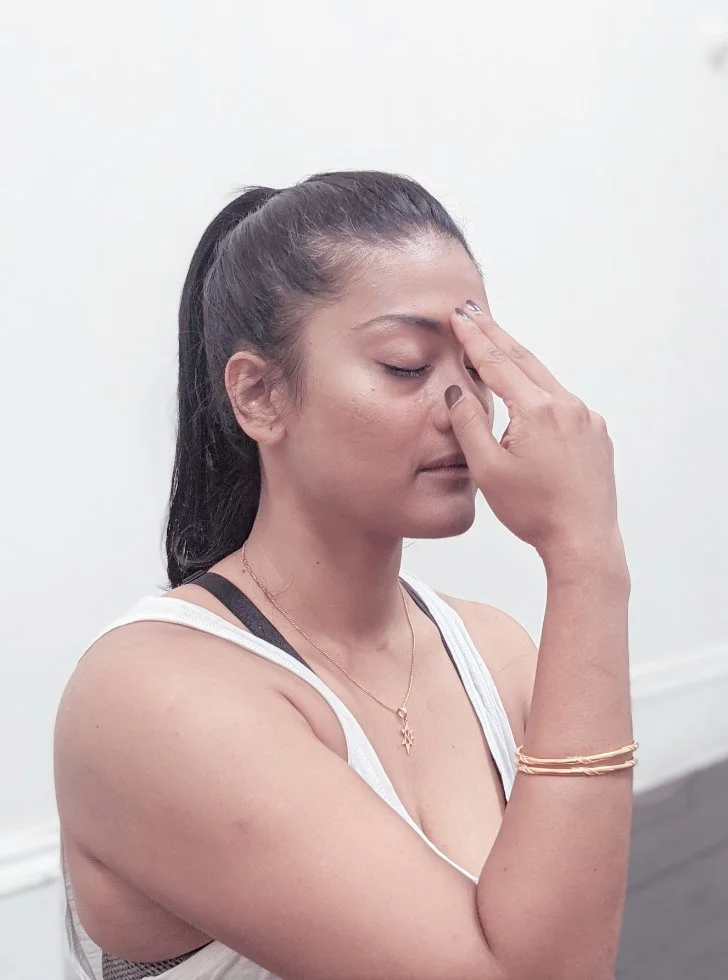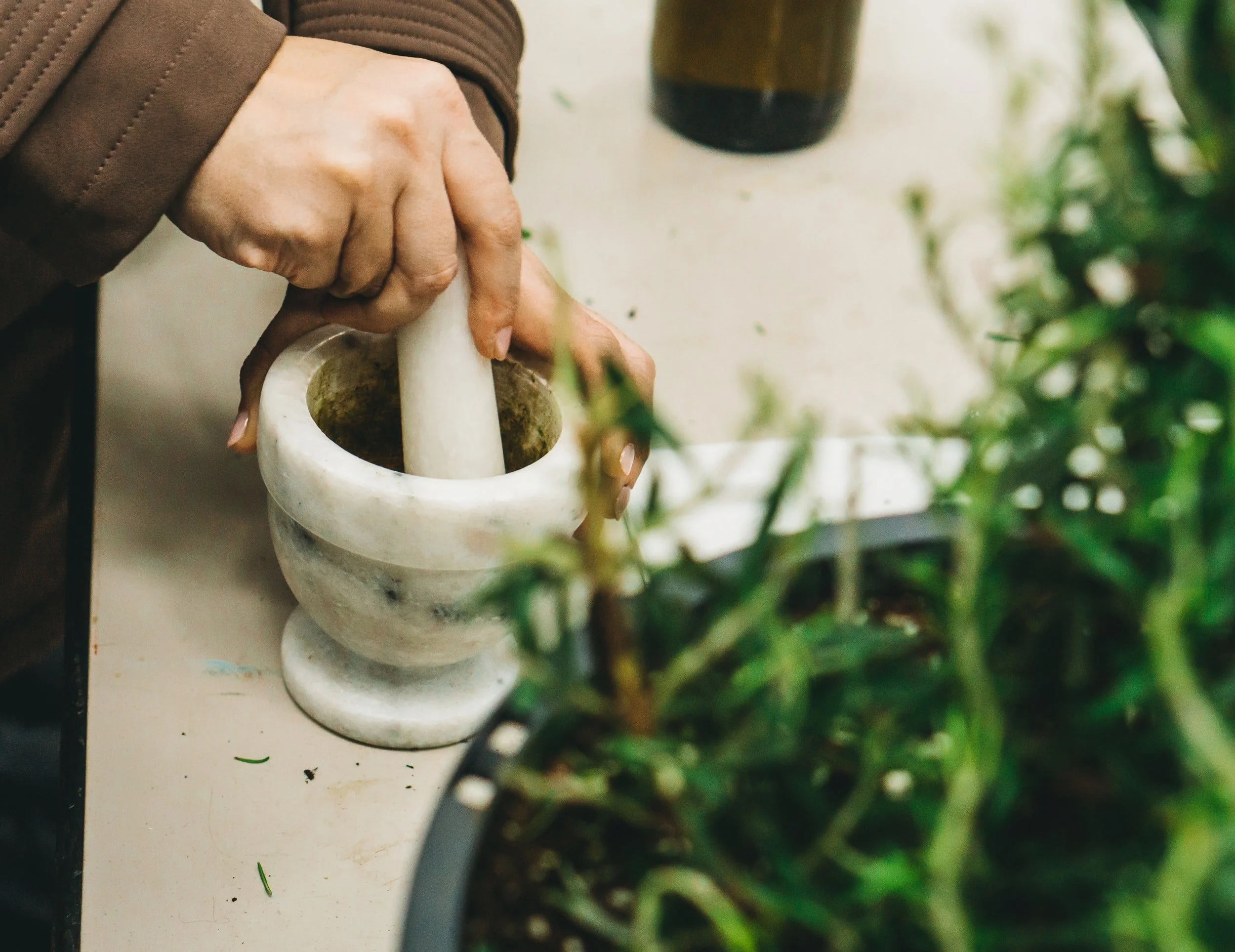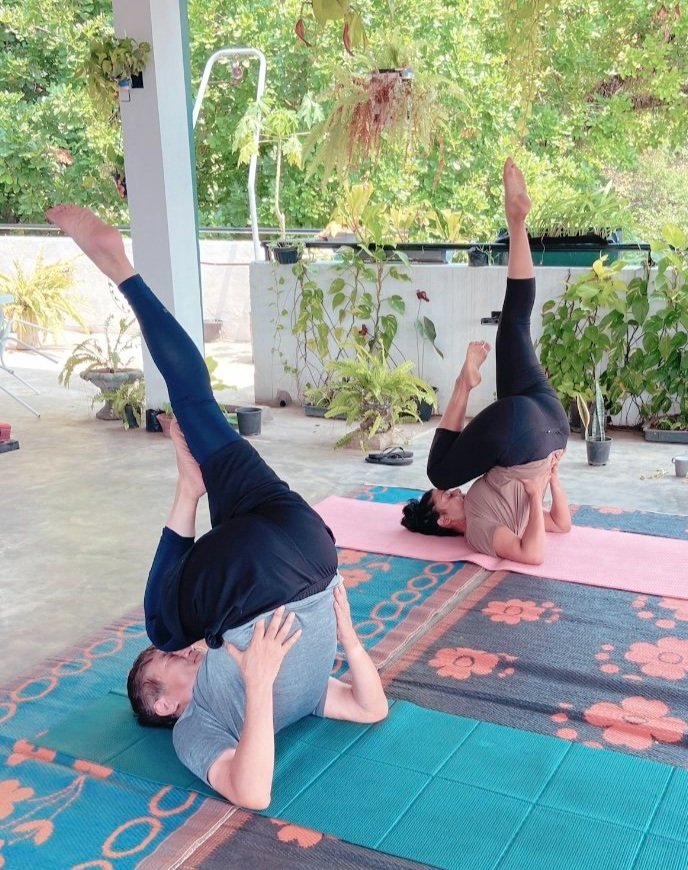Keeping the doshas balanced during and after long airplane flights can be tricky, as we sit in tightly packed and poorly ventilated, cold and dry spaces for extended periods, moving through space. This can aggravate our Vata dosha made up of the air and space elements that are also cold, dry, rough, mobile and erratic; inviting insomnia, dehydration, constipation, tiredness and jet lag into our lives.
The ayurvedic way can be useful in rebalancing this, making travelling easier on both the mind and body. Here are some travel ideas from a recent trip with a long flight to and from Sri Lanka to Melbourne.
Read More












